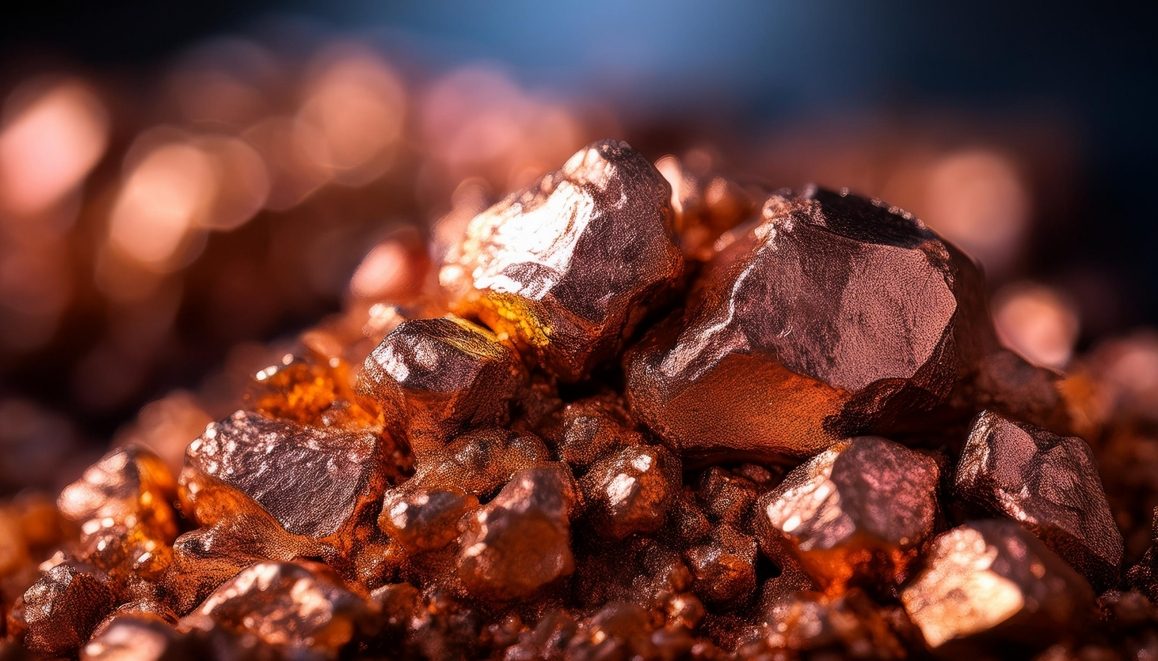Norway must remain a reliable energy supplier, PM says after election win

By Ilze Filks and Stine Jacobsen
OSLO, Sept 9 (Reuters) - Norway should continue to explore for oil and gas and remain a reliable energy supplier to Europe, the country's newly re-elected Prime Minister Jonas Gahr Stoere said on Tuesday, despite having to rely on the Green Party for support.
The minority Labour Party government narrowly won a second term in power on Monday while the populist right-wing achieved its best-ever election result, in a ballot dominated by concerns over rising living costs and wars in Ukraine and Gaza.
With the left-wing victory, attention turns to how the loose bloc of five political parties, dubbed the "tutti frutti" coalition, will govern fiscal policy, oil and gas production and the country's $2 trillion sovereign wealth fund.
"It's a good result. It's a clear result. It demonstrates that centre-left social democrats can win elections even when there are winds blowing from the right," Stoere told reporters outside his official residence in Oslo.
Since 2021, Labour had governed with the help of just two smaller parties, the agrarian Centre Party and the Socialist Left, but it must now also rely on the Greens and the far-left Reds to win a majority for policies in parliament.
While all five parties agree Stoere should stay in office, they differ on policy priorities around energy, the environment and taxes.
Labour is expected to govern alone in a minority government, made possible because the Norwegian parliament has a fixed, four-year term. Governments cannot call early elections nor dissolve parliament, meaning the parties are forced to seek compromises within the set parliamentary term.
The Greens want a gradual phasing out of Norway's oil industry, with an immediate stop on exploration, while the Socialist Left and the far-left Red Party also seek to curtail the industry.
Labour, however, and the agrarian Centre Party, both want to continue to explore for oil and gas, as do the major parties on the right.
While identifying with Stoere and Labour, the anti-EU Centre Party is far more conservative and nationalistic than the other small parties on the left, said Jonas Stein, an associate professor in political science at the University of Tromsoe.
"If the demands from Red and the Greens become too much for the Centre Party, it will be difficult, so that is the balancing act that Stoere will face," Stein told Reuters.
The first major hurdle for Stoere and Labour is to pass the government's fiscal budget for 2026, which all five parties on the left will need to agree on.
The Israeli investments of Norway's $2 trillion sovereign wealth fund, controversial because of the war in Gaza and the expansion of West Bank settlements, are a likely flashpoint in the talks, as is Norway's oil and gas industry.
Stoere on Tuesday said Labour will work with the other parties to seek solutions in parliament, adding that Norway has a tradition for finding compromises.
Stoere added that as it supplies one-third of Europe's natural gas, Norway should continue to explore for more hydrocarbons.
"We will continue to be a reliable partner, but also to take forward technological steps, cut emissions and live up to our climate obligations," he said.
The prime minister reiterated his campaign promise not to compromise on Norway's NATO membership, its close partnership with the European Union, of which it is not a member, and on responsible economic management.
European Commission President Ursula von der Leyen wrote in a social media post that she would continue to work closely with Stoere to advance a shared commitment to energy independence and a clean energy future, as well as support for Ukraine.







